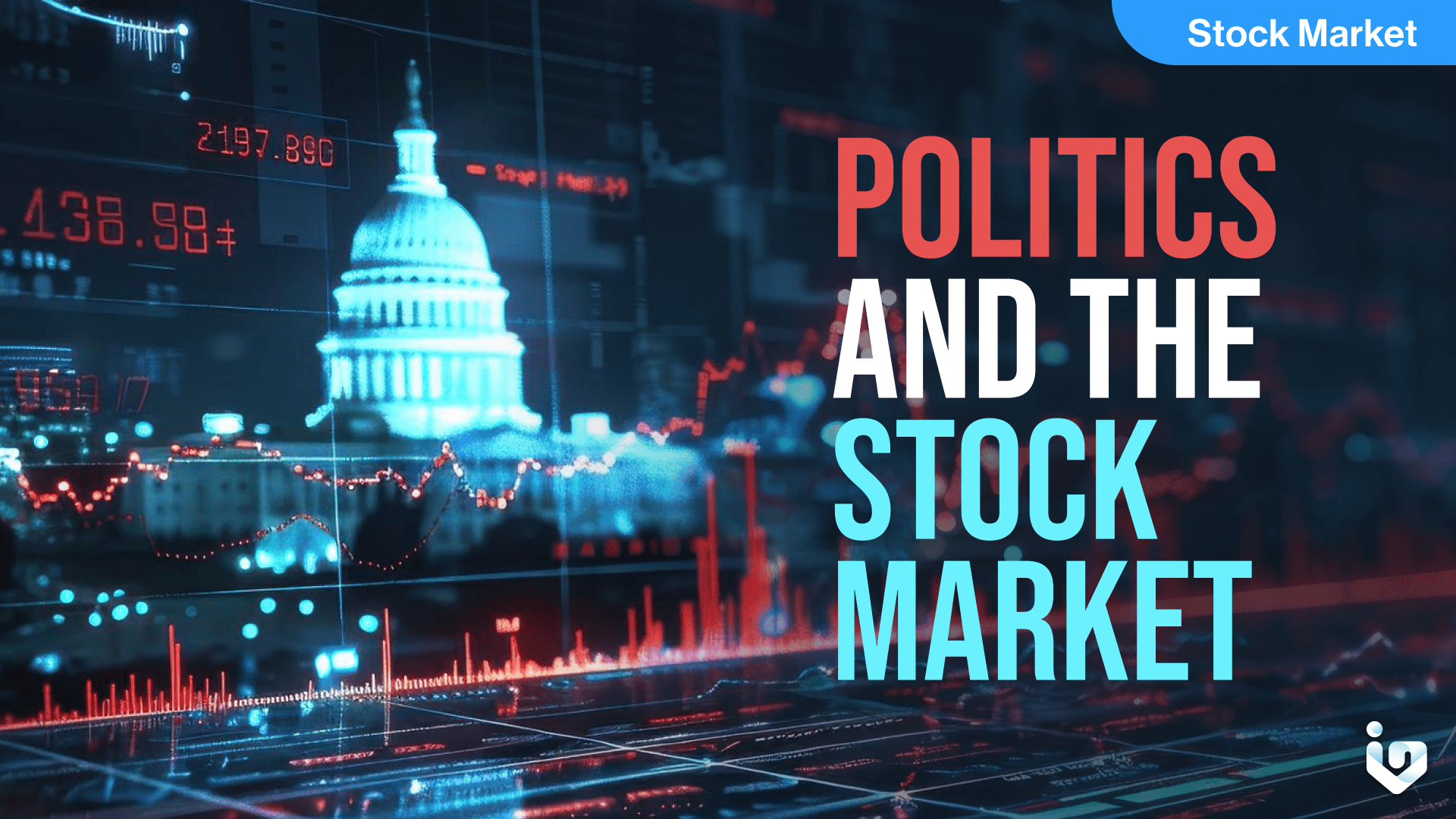The intricate relationship between politics and the stock market is a subject of keen interest and considerable debate among investors, economists, and policymakers. The stock market, a barometer of economic health, often reacts to political events, policies, and uncertainties. This article delves into the multifaceted ways in which politics can sway the stock market’s behavior.
Political Stability and Market Confidence
A stable political environment is conducive to market confidence. Investors generally prefer predictability and clear policy directions. Political turmoil, on the other hand, can lead to volatility as investors react to the uncertainty. Elections, policy changes, and legislative actions can all have immediate and profound effects on market sentiment.
Fiscal and Monetary Policies
Government fiscal policies, including taxation and spending, directly impact the economy and, by extension, the stock market. Similarly, the monetary policies enacted by central banks, which control interest rates and money supply, can either stimulate or cool down the market. These policies can affect sectors differently, causing shifts in market dynamics.
Regulatory Environment
The regulatory landscape shaped by political forces can have significant implications for businesses and industries. Regulations can either foster growth by creating a conducive environment for innovation or stifle it through restrictive measures. Changes in regulations can lead to revaluation of stocks as investors reassess the potential impacts on profitability.
Geopolitical Events
International politics and geopolitical events can also influence the stock market. Trade agreements, tariffs, and cross-border tensions can affect international trade and investment flows. Markets tend to react swiftly to such events, with certain sectors being more sensitive to these changes than others.
Conclusion
The interplay between politics and the stock market is complex and often unpredictable. While it is clear that political events and decisions can have immediate and tangible effects on the market, the extent and duration of these effects can vary greatly. Investors must navigate this landscape with a keen eye on both current events and historical precedents, balancing the potential risks and opportunities that politics can present to the stock market. Understanding this relationship is crucial for making informed investment decisions and anticipating market movements.
